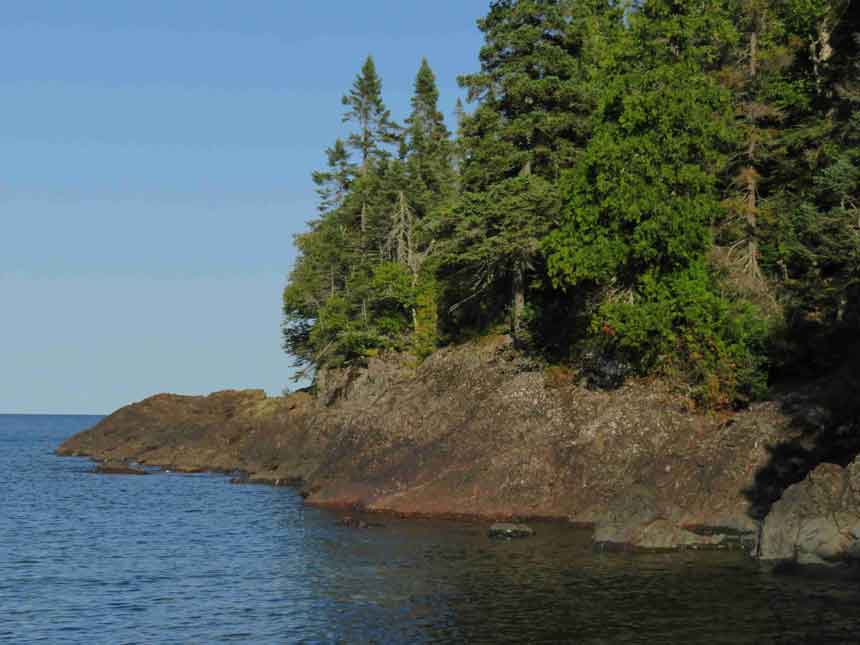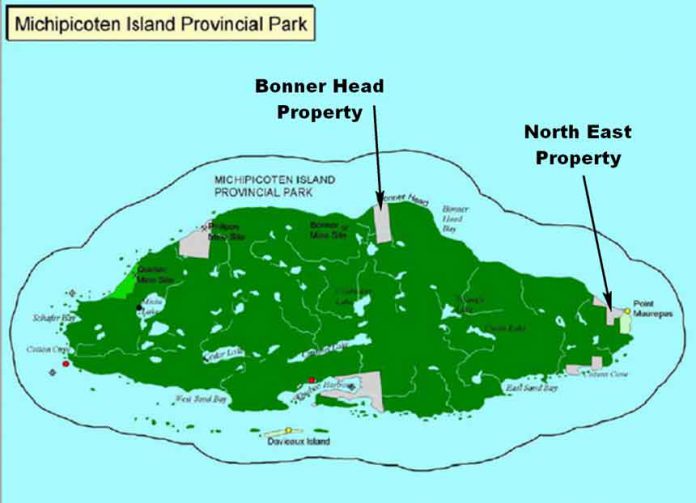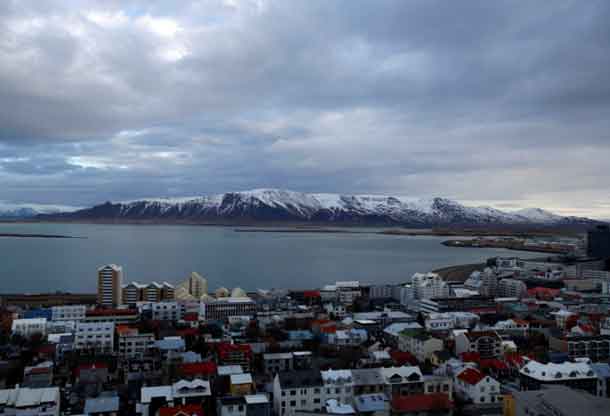THUNDER BAY – Thunder Bay Field Naturalists Club has acquired two parcels of land totalling 538 acres (217 hectares) on Michipicoten Island in Lake Superior. Most of Michipicoten is part of the Michipicoten Island Provincial Park, but there are also a few private holdings on the island. Two of these properties will now be permanently protected as part of TBFN’s Nature Reserve system.
Michipicoten Island is remote. Access is a challenging boat trip across the open waters of Lake Superior from Wawa (65 km) or Marathon (100 km). The island (second largest on the Canadian side of Lake Superior) has rugged forested hills, cobble beaches, and rocky shoreline where unusual arctic plants grow by the cold waters of the lake. Rare species found on Michipicoten include nesting Peregrine Falcons and Woodland Caribou. The boreal population of Woodland Caribou is in rapid decline across Canada, and the species is recognized as “Threatened” both nationally and provincially.

Until recently, Michipicoten Island was home to a herd of over 700 caribou, but in 2013 – 2014 an ice bridge developed between the mainland and Michipicoten. A pack of wolves moved out to the island, and within a few years, the caribou population was decimated by the newly-arrived predators. In the winter of 2018, members of the Michipicoten First Nation estimated only twenty to thirty caribou remained on the island. The band spearheaded efforts to airlift some of these animals across the lake to sites where predation was not a factor. Ten caribou were moved to the Slate Islands, and six to remote Caribou Island. It is hoped that the transported caribou will successfully breed at these locations, so that caribou can be moved back to Michipicoten once predators are no longer a threat.
Thunder Bay Field Naturalists are pleased to have the experienced help of members of the Michipicoten First Nation in monitoring wildlife and caring for the land at the new reserve properties. This summer members of the Michipicoten First Nation will work alongside volunteer stewards from Thunder Bay Field Naturalists to document existing plants and wildlife found at the sites. In the future, the partners hope one day to record the return of a healthy caribou population to the island.


